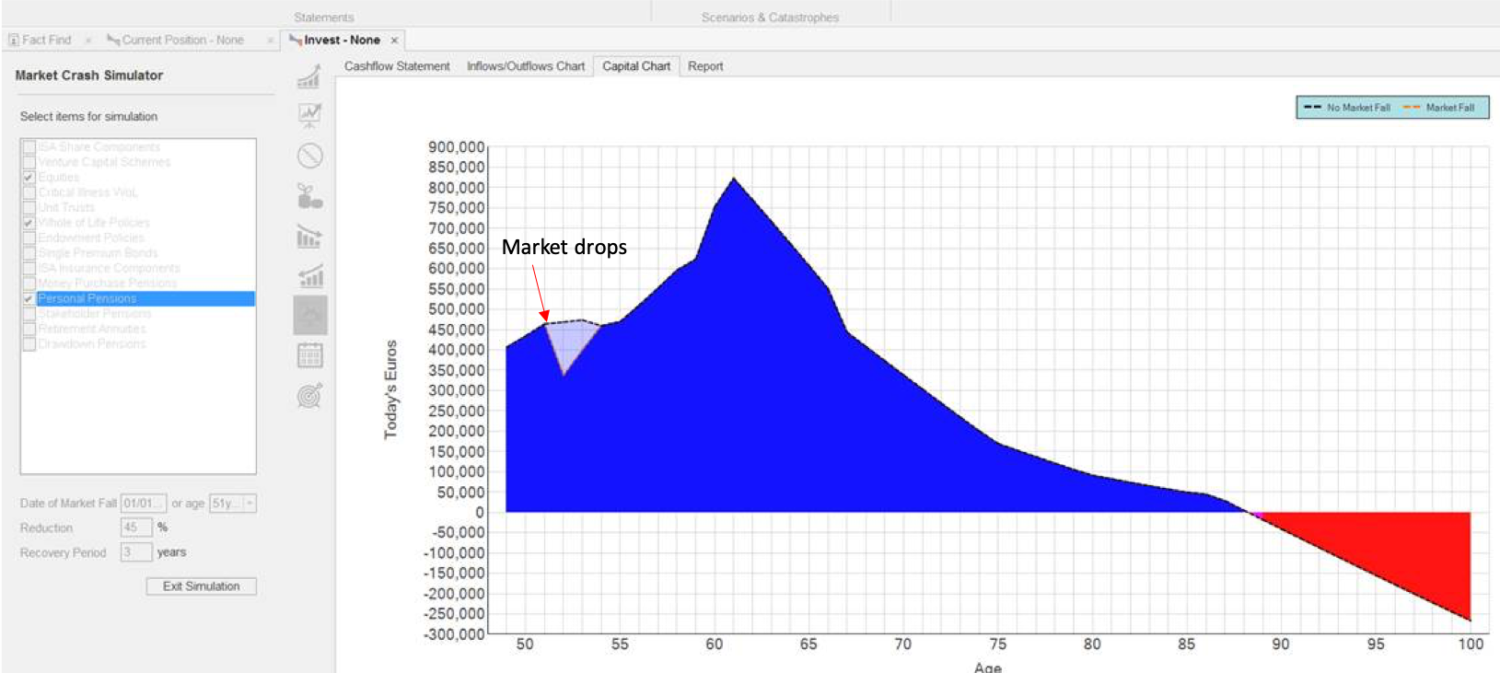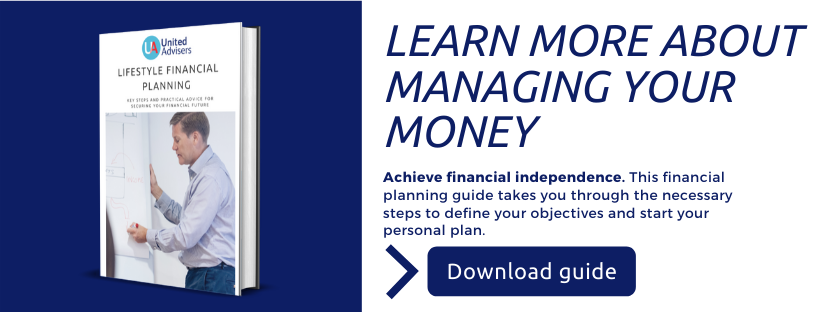Life as an expat can be financially rewarding but it can also be complex when it comes to managing your finances and protecting your wealth.
To help you, we outline in this post what you need to remember when managing your finances and where to go for the best financial advice specifically for expats.
Why financial planning is different for expats
Financial planning for increasingly mobile expats comes with its own unique challenges. Ever-changing tax laws, multiple pensions and the duration and type of job contract are just some of the factors that impact your financial situation when living and working abroad.
Add to that international assets, revenue streams in different currencies and the uncertainty of not knowing exactly how long you may stay in one place and you can quickly see why financial planning for expats requires a different approach.
However, it’s not the process of financial planning that’s different for expats; rather, individual situations are often far more complex. This requires an additional level of knowledge, expertise and access to platforms and solutions that not all financial advisers can provide.
Taxes and pensions
To fully understand your financial and tax obligations, and how to make the most of tax advantageous investment opportunities, you need financial expertise relevant to your nationality and your location.
For example, if you are an expat in Luxembourg, it’s essential your financial adviser understands the country’s pension system and can advise on your eligibility to claim the state pension as well as other available pension options.
If you live and work in Switzerland, you want to ensure your adviser understands the ins and outs of the Pillar 3 pension system and whether you’re investing in the right pillar for your situation.
International pension transfers
Perhaps you are considering transferring your pension to an international pension scheme. If so, you will want to be absolutely clear about the pros and cons before making such an important decision. Transferring a personal pension isn’t right for everyone nor for every pension scheme.
What does ‘good’ expat financial planning look like?
Most of us don’t like being simply sold a product when it comes to our personal finances. We want someone who asks important questions in a bid to get to know us, our financial situation and our goals for the future.
It’s especially important for expats that financial advisers take the time to explain complex information, whether it’s tax-related or otherwise. They should be able to demonstrate that they have worked with a wide range of expats in various circumstances.
Also, a good financial adviser should also work with you in a structured way. We have a clear 7-step process that ensures we develop a financial plan completely aligned to the personal goals of the client and their family.
Why hire a lifestyle financial planner?
Emmie award-winning American author, motivational speaker, financial adviser and television host Suze Orman, writer of no less than nine New York Times bestsellers about personal finance said:
“A big part of financial freedom is having your heart and mind free from worry about the ‘what ifs’ of life.”
A good financial planner can assist you to make better financial decisions by helping you to answer some of life’s big questions and keep your mind free from worry about the what ifs.
Admittedly, lifestyle financial planning can be a little uncomfortable at times because it means answering questions we often avoid. However, when you answer the hard questions and take stock of your financial situation, you are in a position to make reasoned decisions about your present and your future.
A financial planner who cares about you and your financial goals should:
- tell you what you need to hear and need to know (not what you want to hear)
- help get your financial chaos organised by dealing in reality
- ask the tough questions and keep you on track
- be proactive in helping you determine your investment goals, timelines and risk tolerance
- use state-of-the-art cashflow modelling software to create a map of your financial future
- help you understand if you need to save more or help you find the confidence to spend knowing your financial future is secure.
How can you pick the right adviser for you?
A financial adviser’s level of trustworthiness is an increasingly important attribute. But how do you know if you can really trust a financial adviser? Ultimately, it’s wise to educate yourself so you can ask the right questions to identify dependable advisers.
With that in mind, the following are some things you may want to consider when choosing the right financial adviser:
- values (anyone with integrity should be able to tell you what their values are)
- payment terms
- service provision
- bedside manner
- having your best interests at heart
- asking – and being asked – the right questions.
We’ve covered them all in more detail in our post “Should you trust a financial adviser?”.
What are the best questions to ask your adviser as an expat?
As we’ve said above, you want to work with someone you can trust when it comes to managing your financial future. You need to know whether they have the knowledge, skills and experience of working with expats. And they need to serve your best interests.
A reputable financial adviser should answer your questions directly and clearly articulate their value. To help with your ‘due diligence’, we recommend asking the following questions of your financial adviser:
- What services do you provide?
- How do you charge (the fee structure) and how much do you charge?
- What is your investment approach?
- Can I see an example financial plan?
- What types of clients do you specialise in?
- What level of contact do you usually have with your clients?
- Will I work solely with you or with a team?
Your relationship with your financial adviser directly affects your long-term plans, so it’s worth asking these questions to know exactly what they provide and how they provide it. You don’t want any surprises.
What to expect from your relationship with a financial adviser?
The relationship you establish with your financial adviser should be one that’s supportive and ongoing. It shouldn’t be a case of ‘set and forget’ when it comes to planning your financial future.
A financial planner is there to help you achieve your financial goals, which includes telling you whether or not you’re heading towards the wrong goals.
A good financial planner will also run projections when there are significant market changes to ensure your plan is robust and you will continue to achieve your goals.

The Lifestyle Financial Planning process
Lifestyle Financial Planning helps you plan effectively and flexibly. It’s about helping you achieve your goals and taking steps towards achieving and maintaining the lifestyle you envision. The entire process focuses on making sure the service you receive is the right fit for you and your family.
Financial planning requires a commitment from both parties. You, as the client, will need to make yourself available and be prepared to spend time gathering your financial information. However, once the administrative part is done, we have the ability to run multiple scenarios based on your current or projected situation.
How does financial planning software work?
We use Truth, an advanced cash modelling software that helps you visualise your financial future with easy-to-understand charts and graphs. There is no ambiguity: it deals in reality and provides a clear picture of your financial future based on the data you provide.
The more accurate the data, the more realistic the scenarios that can be generated. And that’s where the real power lies, in creating robust scenarios to help you model your desired future lifestyle.
If you’re keen to know more about the key elements of the lifestyle planning process, download our Lifestyle Financial Planning Guide.






